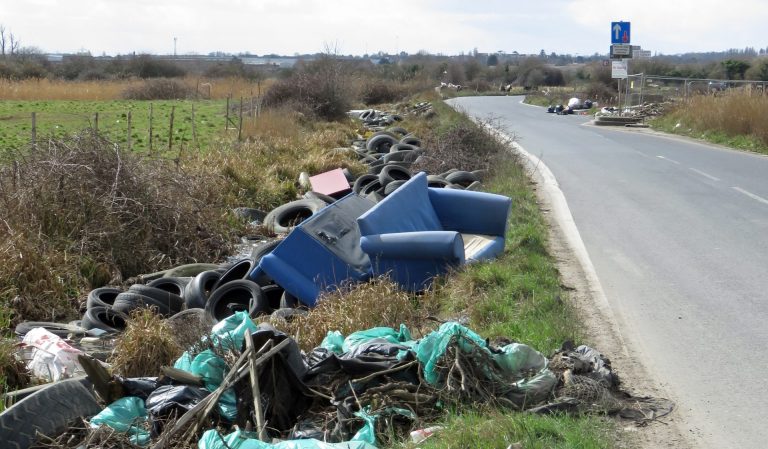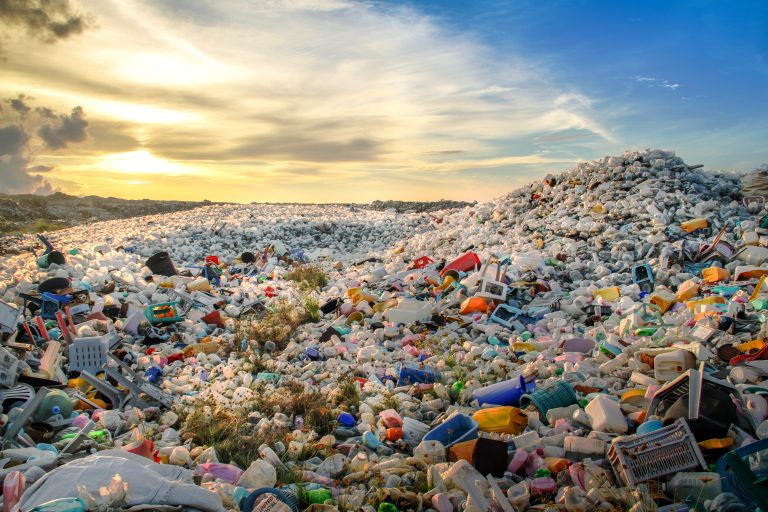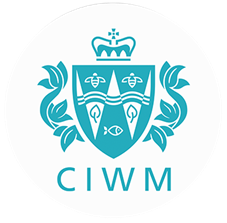From 2025, all UK businesses with 10 or more employees will face new government recycling legislation aimed at simplifying waste management and boosting sustainability. This legislation is part of the UK’s ongoing effort to reduce landfill waste, improve recycling rates and move towards a greener economy. If your business has 10 or more employees, understanding what these changes mean for you is crucial.
Here’s a breakdown of what’s coming, how it could impact your business, and what you can do to stay compliant and ahead of the curve.
The 2025 Recycling Legislation: What’s Changing?
Starting in 2025, all businesses with 10 or more employees will be required to separate key types of waste for recycling. The legislation introduces a consistent set of recycling requirements across the country, which is designed to make waste management simpler and more effective for businesses.
Under the new rules, businesses must separate the following waste streams:
- Dry Mixed Recycling (DMR): This includes materials such as paper, cardboard, glass plastics and metal. These items must be separated from general waste and placed in designated recycling bins.
- Food Waste: If your business produces food waste – whether it’s in an office break room or in hospitality settings – you’ll be required to separate it for recycling. This means having dedicated food waste bins in kitchens, dining areas or production spaces.
- General Waste: Any remaining non-recyclable waste can still go in general waste streams, but the aim is to significantly reduce this by separating recyclables.
These requirements are being introduced to align businesses with household recycling efforts and reduce the amount of waste sent to landfill or incineration. The legislation applies to all businesses with 10 or more employees, regardless of industry.
How Will the 2025 Legislation Affect Your Business?
1. New Recycling Systems Will Be Required
If your business doesn’t already have a system in place for separating dry mixed recyclables and food waste, you’ll need to introduce one by 2025. This could mean setting up new waste bins for each type of recyclable material and ensuring that they are easily accessible to staff.
For businesses that produce large amounts of waste – such as offices, retail stores and restaurants – this may involve a review of your current waste handling processes to ensure that you meet the new legal requirements.
2. Increased Accountability
With the introduction of the 2025 legislation, businesses will be held accountable for how they manage their waste. Failure to comply with the regulations could result in penalties or fines, so it’s important to make sure your recycling practices are up to scratch.
Local authorities and waste management companies will likely play a role in monitoring compliance, meaning businesses must be vigilant about keeping waste streams separate and correctly managed.
3. Potential Cost Implications
There may be some initial costs involved in adapting to the new recycling requirements, such as purchasing new bins or working with a waste management provider to implement new services. However, over time, businesses could see cost savings from disposing of less waste as general waste, as general waste disposal is often more expensive than recycling services.
Additionally, many waste management companies will likely offer updated services designed to help businesses comply with the 2025 rules, which may offer more cost-effective recycling solutions.
4. Employee Engagement Is Key
Introducing new recycling systems will require educating your employees on the correct way to separate waste. With the right training and clear signage, your staff can easily adapt to the changes and help your business meet its recycling targets.
Simpler, more standardised recycling rules will also make it easier for employees to understand what goes where, reducing confusion and boosting recycling rates within the workplace.
Why the 2025 Legislation Is a Positive Change
The government’s push towards simpler recycling for businesses is a crucial part of the UK’s broader strategy to combat climate change and reduce environmental impact. Here are a few reasons why this legislation is a positive step:
- Increased Recycling Rates: By mandating that businesses separate key recyclable materials, the legislation is expected to significantly reduce the amount of waste sent to landfill, leading to higher recycling rates nationwide.
- Better for the Environment: Recycling more materials helps conserve natural resources, reduce energy consumption and lower carbon emissions. This move supports the UK’s ambitious goal of achieving net-zero emissions by 2050.
- Simplified Waste Management: The 2025 rules will standardise recycling practices across the country, making it easier for businesses to comply. A consistent system ensures less confusion and smoother waste management processes, even if your business operates in multiple locations.
How to Prepare Your Business for 2025
Here are some steps you can take to ensure your business is ready for the 2025 recycling legislation:
- Audit Your Current Waste Practices: Take a look at how your business currently manages waste. Do you have separate bins for DMR and food waste? Are employees familiar with the correct recycling practices? Identifying gaps now will make the transition easier later.
- Work with a Waste Management Provider: Many waste management companies are already preparing for the 2025 changes. Contact your provider to discuss how they can help you implement the necessary recycling services. They may offer solutions that simplify compliance, such as new bin systems or regular collections for specific waste streams.
- Educate Your Staff: Training your employees on the new recycling requirements is essential to ensure compliance. Make sure they understand the importance of separating waste and provide clear signage to guide them on what goes where.
- Consider Space and Logistics: If you don’t already have separate bins for recyclables, think about where you can place them and how often they’ll need to be collected. You may need to reconfigure your waste storage area or adjust collection schedules.
- Monitor and Track Waste: Once you’ve implemented the changes, it’s a good idea to monitor your waste management efforts. Tracking your recycling rates will help you see how much you’re diverting from landfill and whether any adjustments are needed to meet the new standards.
The 2025 recycling legislation is designed to make waste management simpler and more environmentally friendly for businesses. While there may be some adjustments involved, these changes present a great opportunity for businesses to improve their sustainability efforts, reduce costs over time and contribute to a greener UK.
By preparing now, your business can stay compliant with the new regulations and play its part in building a more sustainable future.














